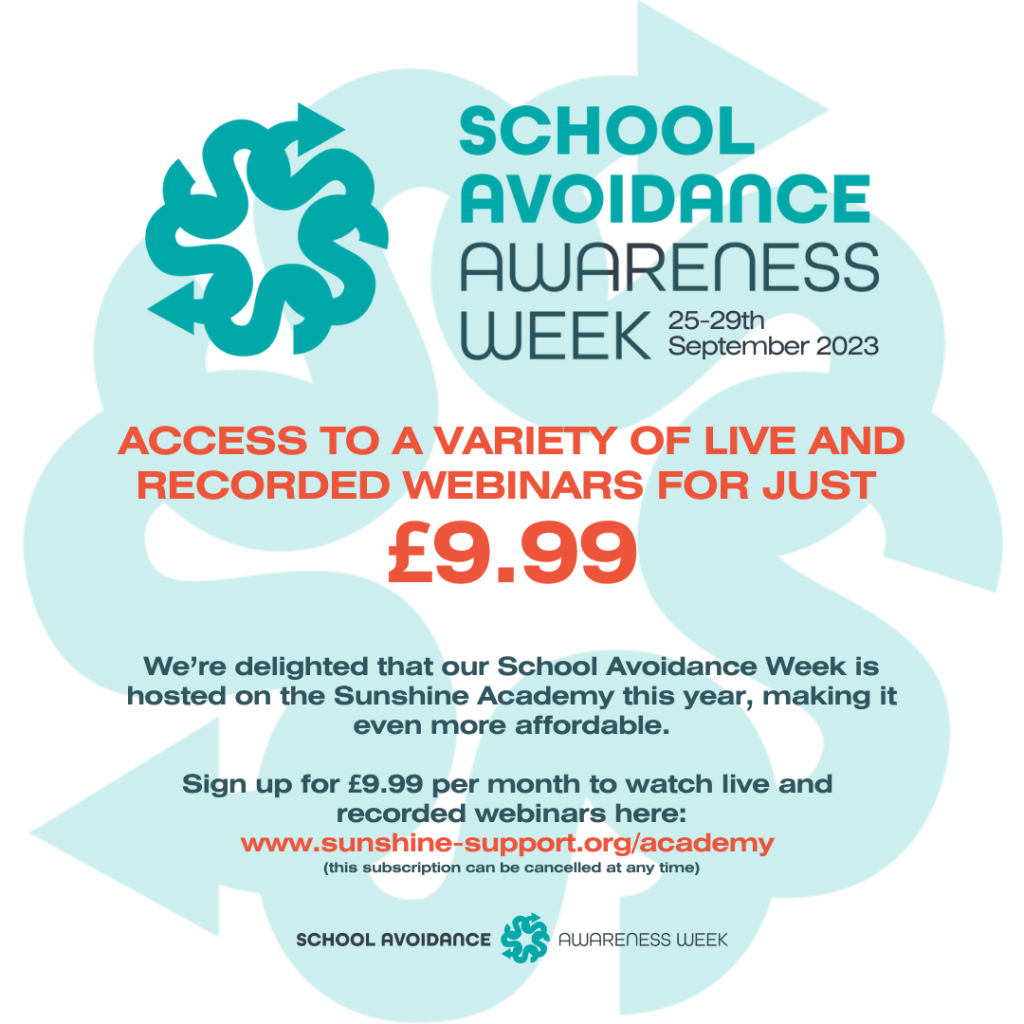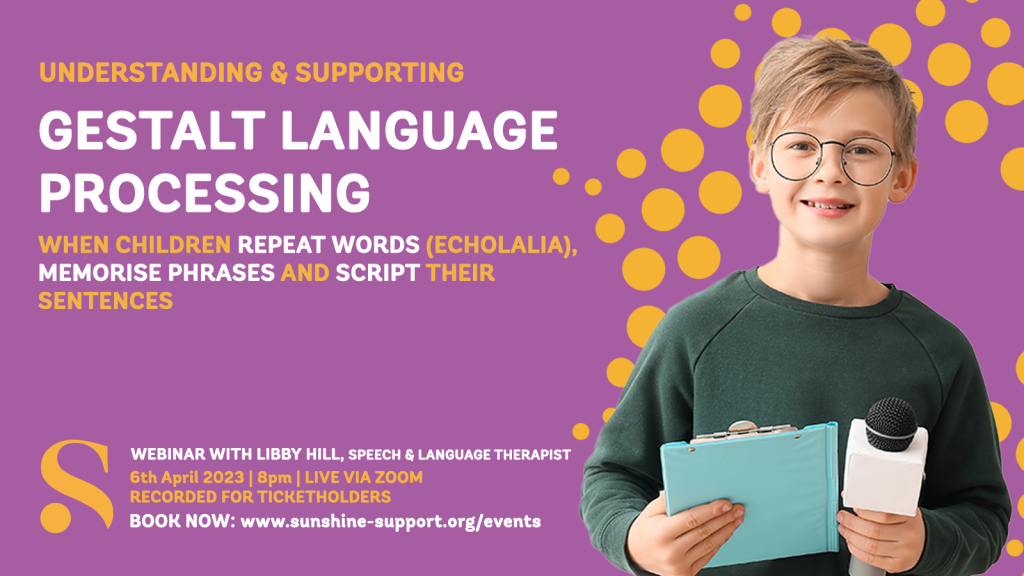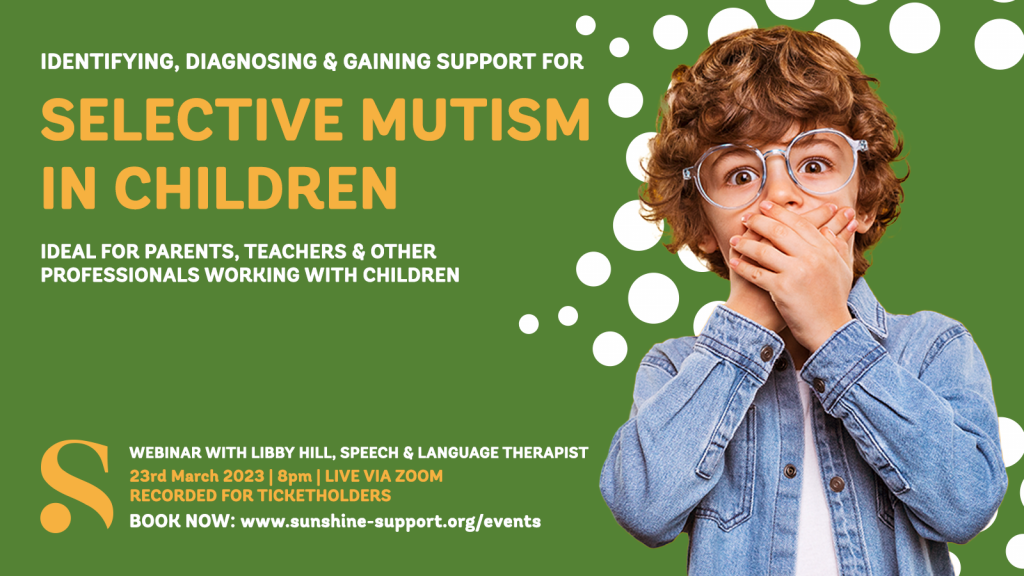On a global scale, Epilepsy is the most common neurological disorder, affecting approximately 50 million people worldwide…
Although more common in children and elderly, epilepsy and seizures can develop in anyone, at any age and any time. It seems that the exact cause of epilepsy has yet to be identified and research suggests that the cause varies from person to person.
However, as I am no expert on neurological disorders, I decided to speak to somebody who has lived experience with Epilepsy, 22-year-old student Ieva from Lithuania.
Ieva studies Economics at Goldsmiths University of London and is in her final year, only a few weeks away from graduating. She kindly offered to let me interview her regarding her epilepsy and how it affects her everyday life.

Can you describe in your own words what Epilepsy is?
“It is a neurological disorder, which essentially means that there is a trigger, there’s the source, somewhere in some part of your brain that triggers seizures. They might be happening everyday; they might happen every month. In my case the source is located somewhere in the frontal lobe of my brain and I rarely get seizures.
They’re very mild, I haven’t had any seizures in a year now.
So, essentially you would get this feeling, it’s called an aura, where you kind of acknowledge that you are about to start seizing. And that it’s beyond your control. You just can’t do anything about it. It’s a rather inconvenient disease if you can call it that.”
When did you first experience symptoms of epilepsy?
“I think it was when I was 12 and what happened was, I was already asleep. My mom came to my room to just check I were asleep. Then she noticed that my face is moving in a weird looking kind of away”.
How would you say epilepsy affects your everyday life?
“Since I don’t get the seizures every day, and cannot entirely say that it does…
What happens after the seizure is, I feel somewhat distracted for a couple of hours I cannot really focus on anything. There’s also this sense of fear that I would get. Just genuine fear, where I could not control it at all whatsoever. So, it might happen to me when I’m asleep, or it might happen to me when I’m in public, surrounded by other people. People who are not my family not ignoring my friends so it is a rather scary experience I would say. And I feel like I cannot function properly”.
Does epilepsy prevent you from doing anything that you would like to do?
“For example, I cannot just go to have a bath without someone having to be there while sitting next to me because if I get the seizure I could potentially drown. Same goes for swimming pools.
I also don’t have a driving licence yet and I’m not even sure if I can get one.”
This “Aura” you mentioned, how would you describe that feeling?
“So, for example, the feeling I referred to before which you get before the seizure it’s a very interesting experience. It’s a scary one too but it’s very interesting and it’s something you can hardly describe, there just really aren’t words in any language to describe this feeling.
Your surroundings, they start feeling unfamiliar. You kind of know where you are but also you all of a sudden don’t feel like this very familiar territory. That’s generally the way I feel about epilepsy. Like I’ve mentioned before, it’s the fear. It’s kind of an unknown feeling so to speak”.
There are many different opinions on what causes epilepsy, what do you think causes it?
“Neurological disorders, mental health disorders, they don’t walk alone, they come at least in pairs.
So, for instance I also have synaesthesia which essentially means that I can see numbers and letters as having colour. So, I can see that something’s written in black on white, but I would also say that there is a different colour surrounding it, which most of the people do not understand and think that I am crazy.
I also have a bit of an OCD. Something I’m quiet about, I don’t entirely want to even talk about my OCD because it also sounds quite crazy. And I do get anxious, very often. Are those things related? Perhaps.
It is possible that my brain is just working overtime because of the synaesthesia and the OCD and that’s why I get seizures, it’s like a lightning bolt or fuse box blowing up, if put in simple terms.”
Are there any common misconceptions regarding epilepsy that you would like to clear up?
“One of the misconceptions about epilepsy is that maybe people don’t understand that after the seizure, you might not even remember you had one. This has happened to me so many times. They stopped seizing and I don’t understand why everyone is so worried. Looking at me repeating my name over and over again, because I cannot even understand I had a seizure.”







